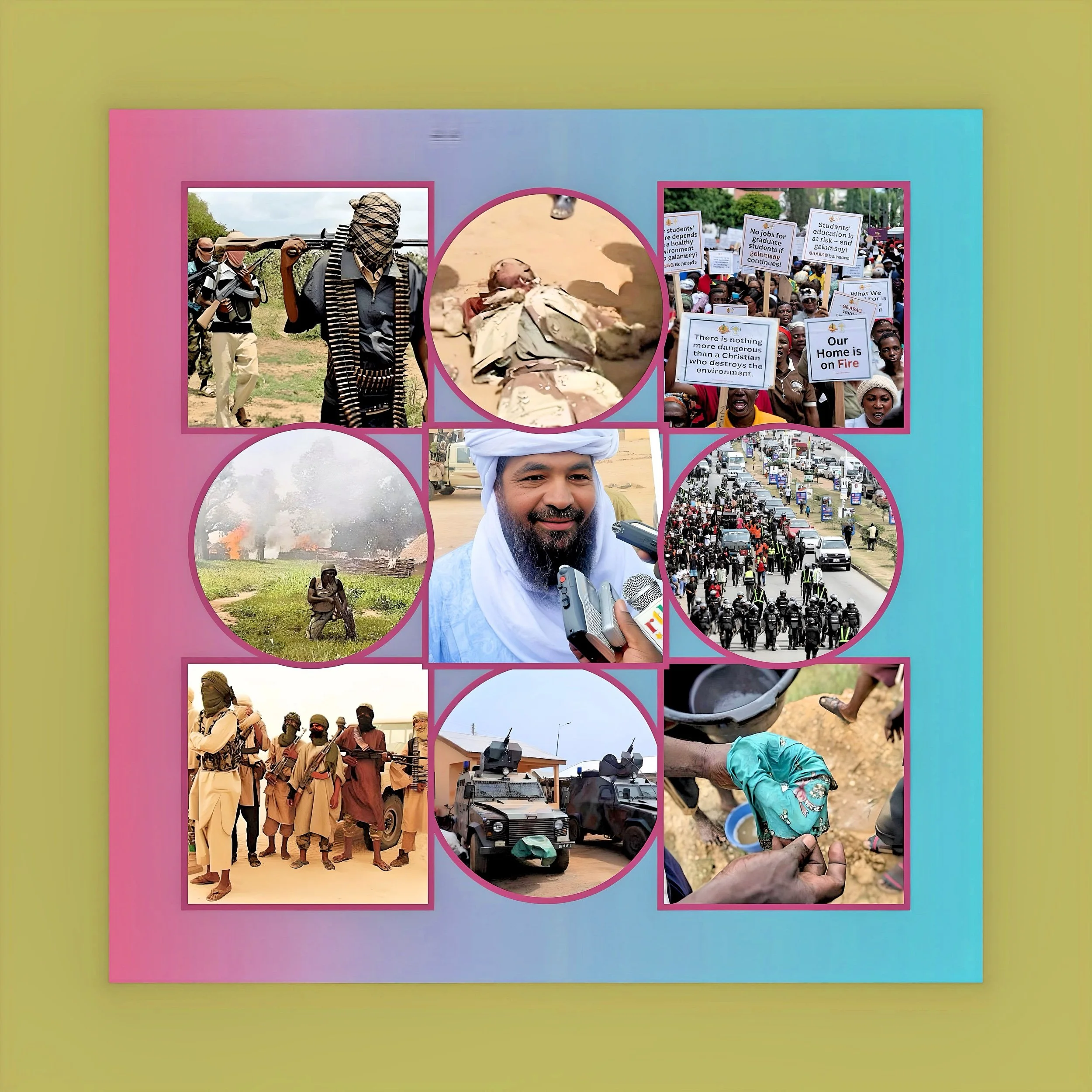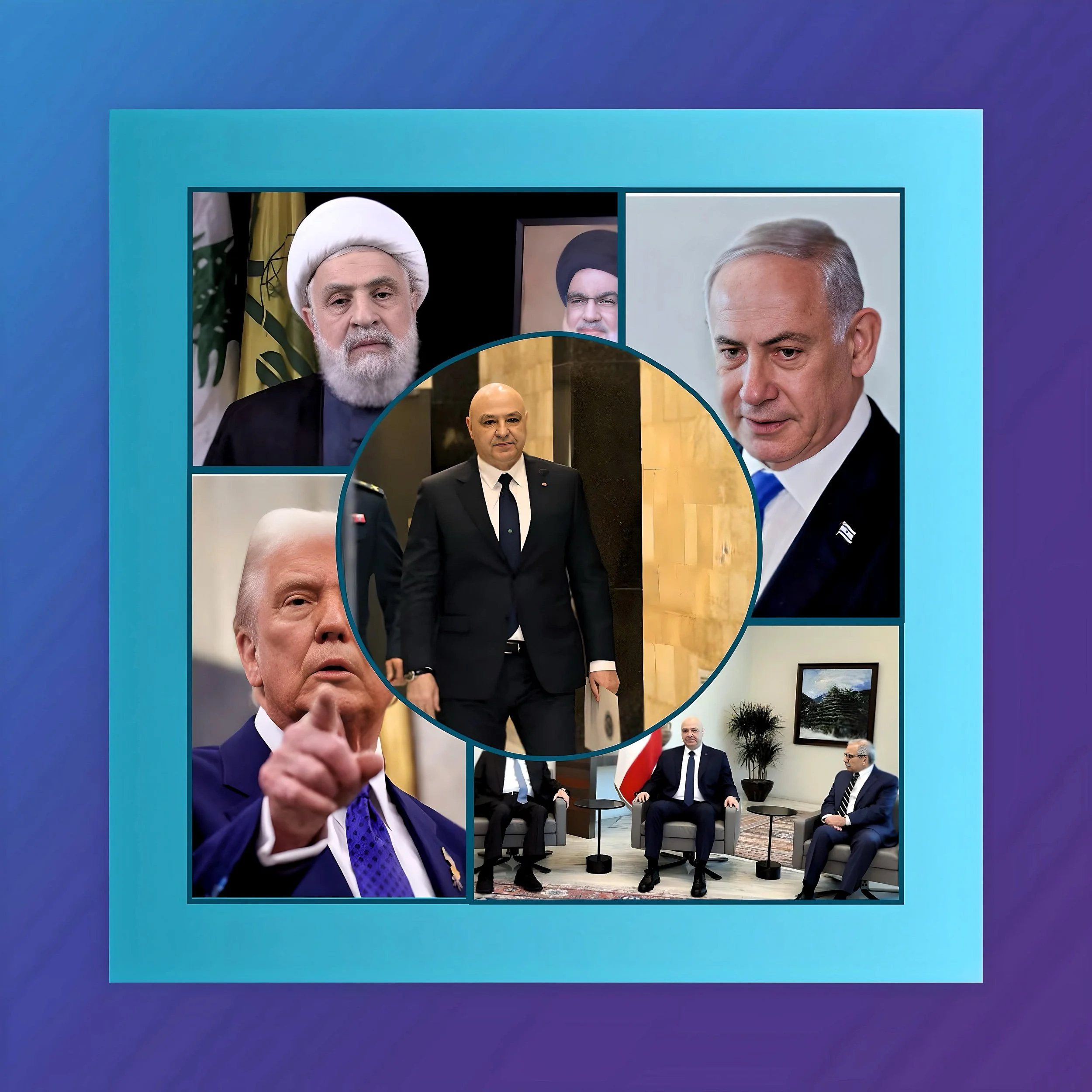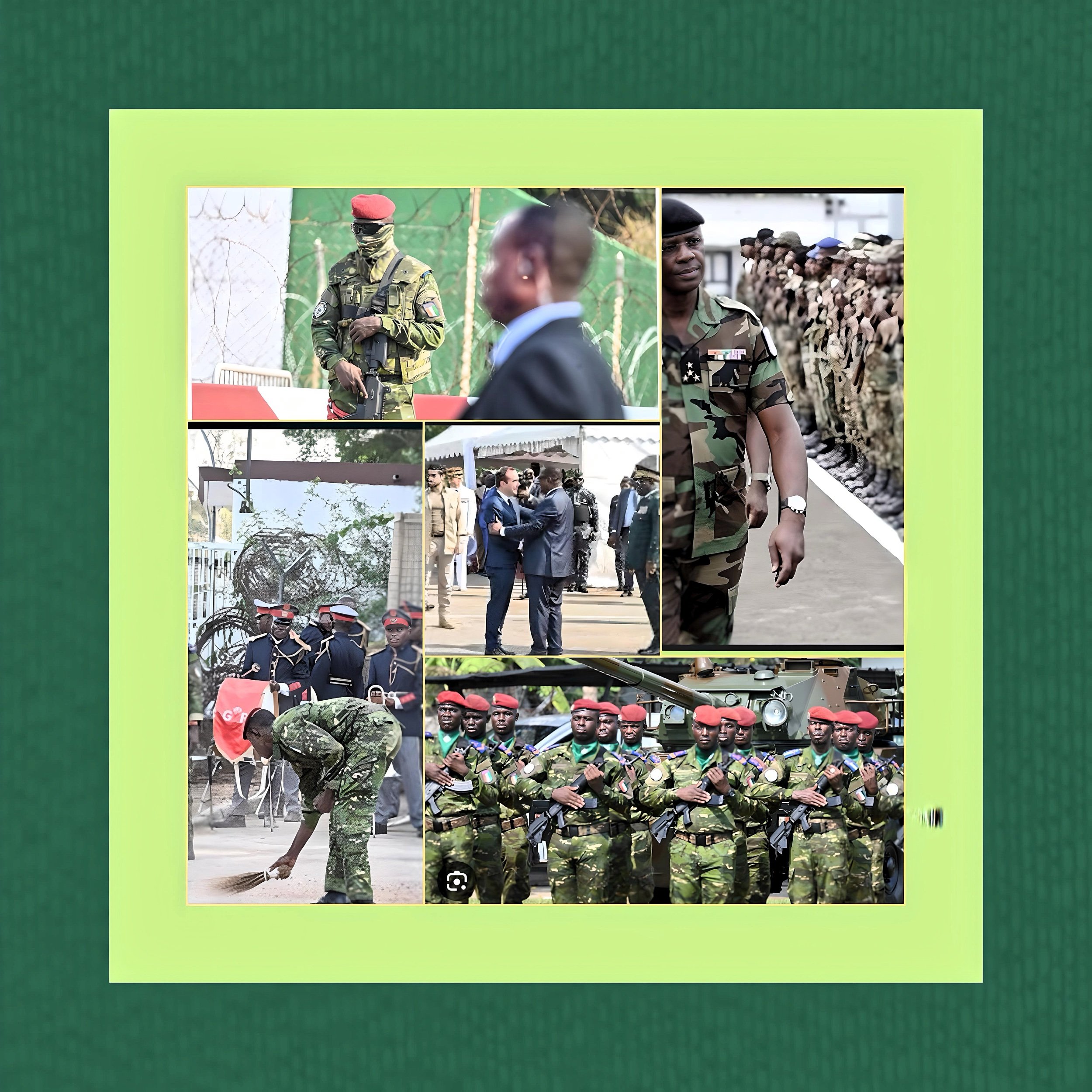Emergency in Ghana’s Northern Provinces: Riots and Emerging Terrorism Threats
Introduction
Ghana’s northern provinces, particularly the Upper East and Northern regions, face a dual crisis of civil unrest and emerging terrorist threats.
Civil disturbances, primarily driven by protests against illegal mining (galamsey), have escalated into violent clashes between demonstrators and security forces, prompting a state of emergency in affected areas.
Concurrently, the spillover of jihadist violence from the Sahel, particularly Burkina Faso, has heightened fears of terrorist infiltration, with groups such as Jama’at Nusrat al-Islam wal-Muslimin (JNIM) and Islamic State Sahel Province (ISGS) exploiting ethnic tensions and porous borders.
Civil Unrest and Anti-Mining Protests
Escalation of Demonstrations
In October 2024, widespread protests erupted across Ghana, led by groups such as Democracy Hub and the Coalition of Concerned Citizens Against Galamsey, demanding the repeal of pro-mining legislation (LI 2462) that permitted mining in forest reserves.
Demonstrators highlighted catastrophic environmental damage, including mercury and cyanide pollution of major rivers like the Pra and Ankobra, which compromised drinking water for millions.
The protests culminated in a threatened nationwide strike on October 10, 2024, forcing the government to repeal LI 2462 and deploy militarized “Operation Halt” units to combat illegal mining.
Government Crackdown and Human Rights Concerns
Security forces responded to protests with heavy-handed tactics, including the arrest of 53 activists in Accra during September 2024 demonstrations.
Amnesty International condemned the arrests, citing violations of freedom of assembly, while detainees reported inadequate medical care and restricted legal access.
The government defended its actions, with Attorney General Godfred Dame accusing protesters of “exceeding their freedom of expression” and inciting pre-election tensions.
Socioeconomic Drivers of Unrest
Northern Ghana’s poverty rate—nearly 1 million multidimensionally poor in 2024—has fueled discontent.
Unemployment and perceived marginalization of ethnic groups like the Kusasi and Mamprusi in Bawku have exacerbated tensions, with clashes over chieftaincy disputes killing 90+ individuals since 2021.
These conflicts risk exploitation by jihadist groups seeking to recruit disaffected youth.
Terrorism Spillover from the Sahel
Jihadist Expansion into Coastal West Africa
The Sahel’s status as the global epicenter of terrorism (43% of global terrorism deaths in 2022) has dire implications for Ghana.
JNIM and ISGS, leveraging instability in Burkina Faso and Mali, have conducted cross-border incursions into northern Ghana to establish supply lines and recruit fighters.
U.S. AFRICOM commander Michael Langley noted militants use Ghana’s border regions for logistics, including medical treatment and procurement of explosives.
Ethnic Conflicts as Recruitment Opportunities
The Bawku chieftaincy conflict, which has persisted for decades, presents a prime target for jihadist infiltration.
Analysts warn that Fulani communities, scapegoated as insurgent sympathizers, face discrimination, pushing some toward extremist networks.
A 2024 Clingendael report revealed jihadists exploit ethnic ties to traverse borders undetected, often masquerading as traders.
Government Counterterrorism Measures
Ghana has joined regional initiatives like the Accra Initiative (2017) to bolster border security and intelligence-sharing with Benin, Togo, and Côte d’Ivoire.
However, reliance on militarized responses has drawn criticism for neglecting root causes like poverty and unemployment.
President John Mahama’s appointment of Colonel Larry Gbevlo-Lartey as liaison to the Alliance of Sahel States (AoSS) underscores efforts to mitigate spillover risks.
Humanitarian and Security Implications
Displacement and Resource Strain
Over 15,000 Burkinabe refugees have fled to northern Ghana since 2022, straining local resources and escalating competition for arable land. This influx exacerbates tensions in regions already grappling with climate-induced droughts and food insecurity.
Environmental Degradation and Public Health
Illegal mining has contaminated 70% of Ghana’s rivers, forcing the Ghana Water Company to ration supplies and warn of potential water imports. Prolonged exposure to heavy metals like mercury has triggered health crises, with protesters presenting contaminated water samples to lawmakers.
Regional and International Responses
ECOWAS and Sahelian Withdrawal
The impending January 2025 withdrawal of Burkina Faso, Mali, and Niger from ECOWAS threatens regional counterterrorism coordination, leaving coastal states vulnerable to unchecked militant expansion. The EU and U.S. have pledged $100 million in security aid to Ghana and neighboring nations, focusing on border surveillance and community resilience programs.
Challenges in Multilateral Cooperation
The UN Office of Counter-Terrorism has prioritized capacity-building in West Africa, yet gaps in cross-border collaboration persist. The Fusion Cells program, training 124 analysts across 21 African states, aims to address intelligence deficits.
Conclusion
Ghana’s northern provinces stand at a critical juncture, balancing urgent environmental and governance reforms against escalating jihadist threats.
While the repeal of LI 2462 marks a legislative victory for activists, systemic issues—corruption in mining oversight, ethnic marginalization, and youth unemployment—require long-term solutions.
Counterterrorism efforts must pivot from militarization to addressing socioeconomic grievances, leveraging international partnerships to fortify border security and community engagement.
Failure to act risks transforming northern Ghana into a nexus of instability, mirroring the Sahel’s descent into chronic violence.
Next Steps
Immediate
Establish specialized courts to expedite illegal mining cases and prosecute security forces implicated in human rights abuses.
Medium-Term
Invest in job creation programs targeting northern youth, coupled with deradicalization initiatives in partnership with local leaders.
Strategic
Strengthen the Accra Initiative’s intelligence-sharing mechanisms and advocate for ECOWAS-mediated dialogue with Sahelian juntas to restore regional stability






